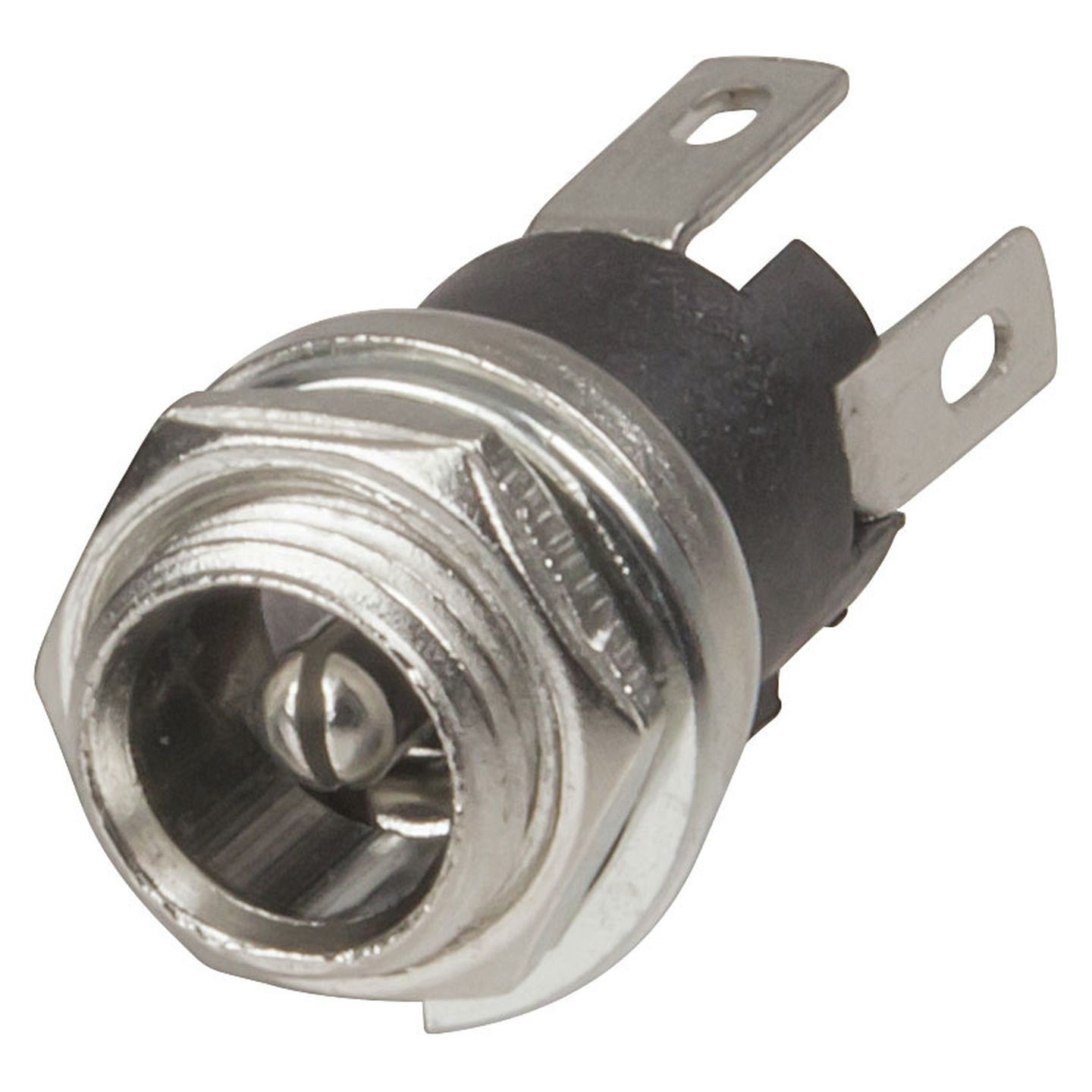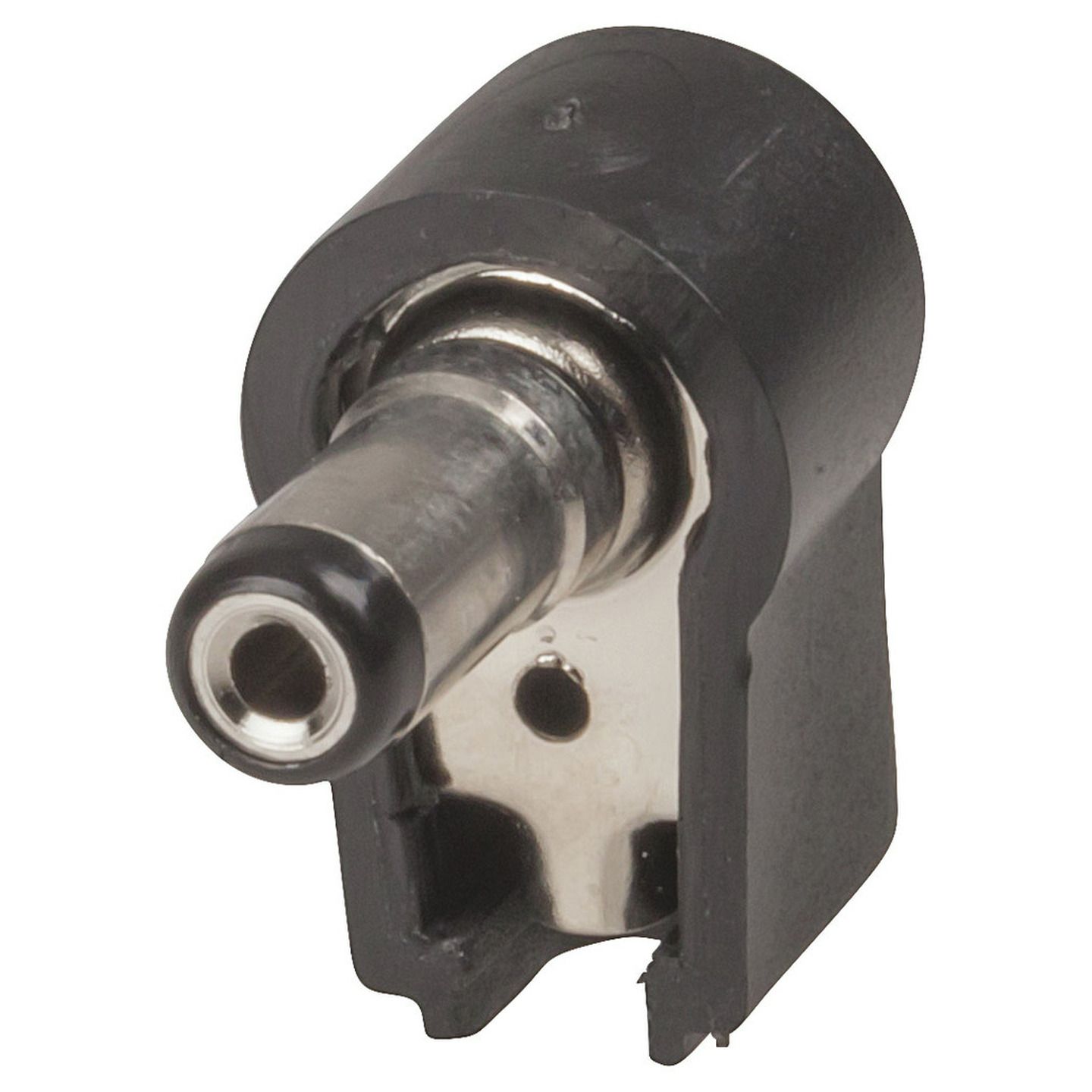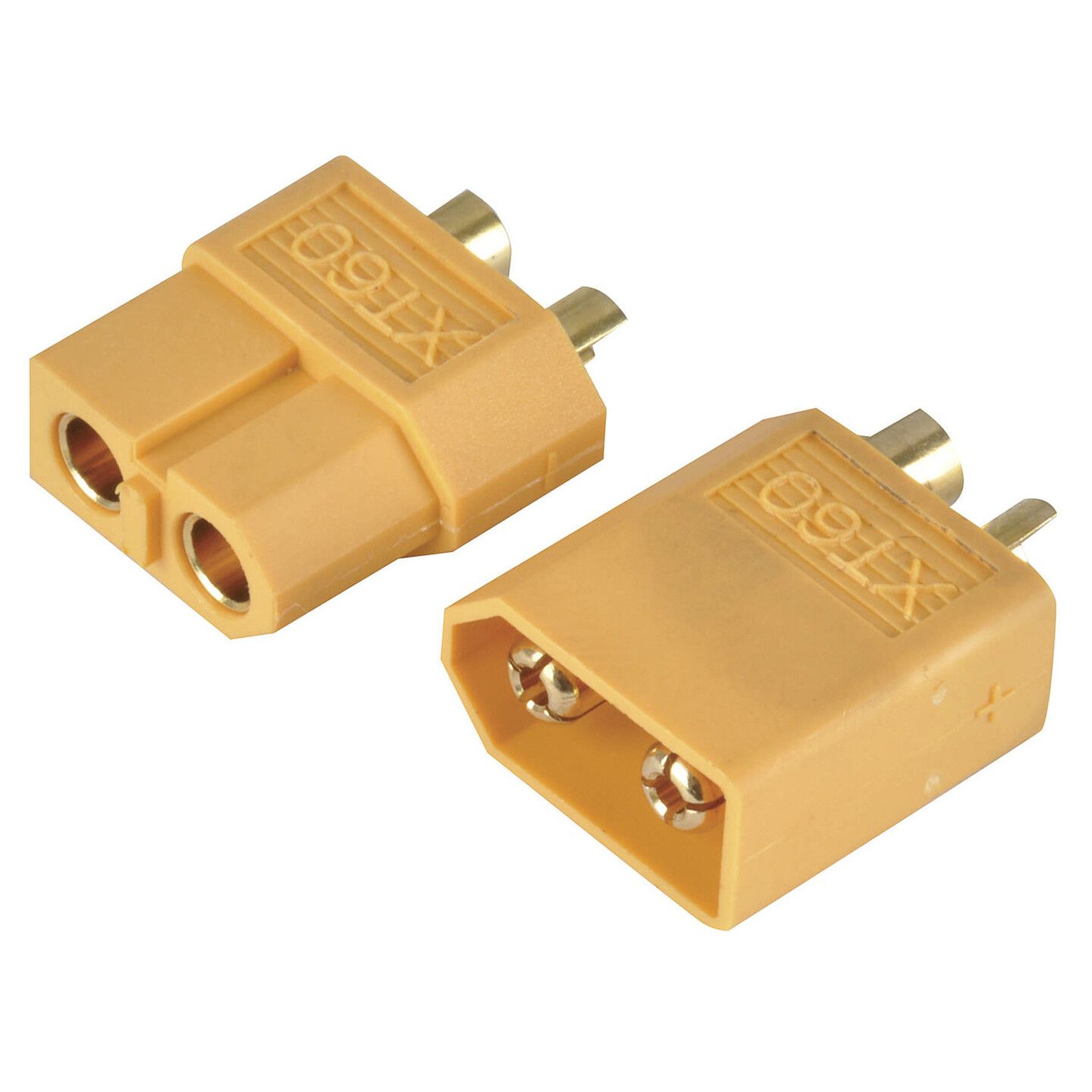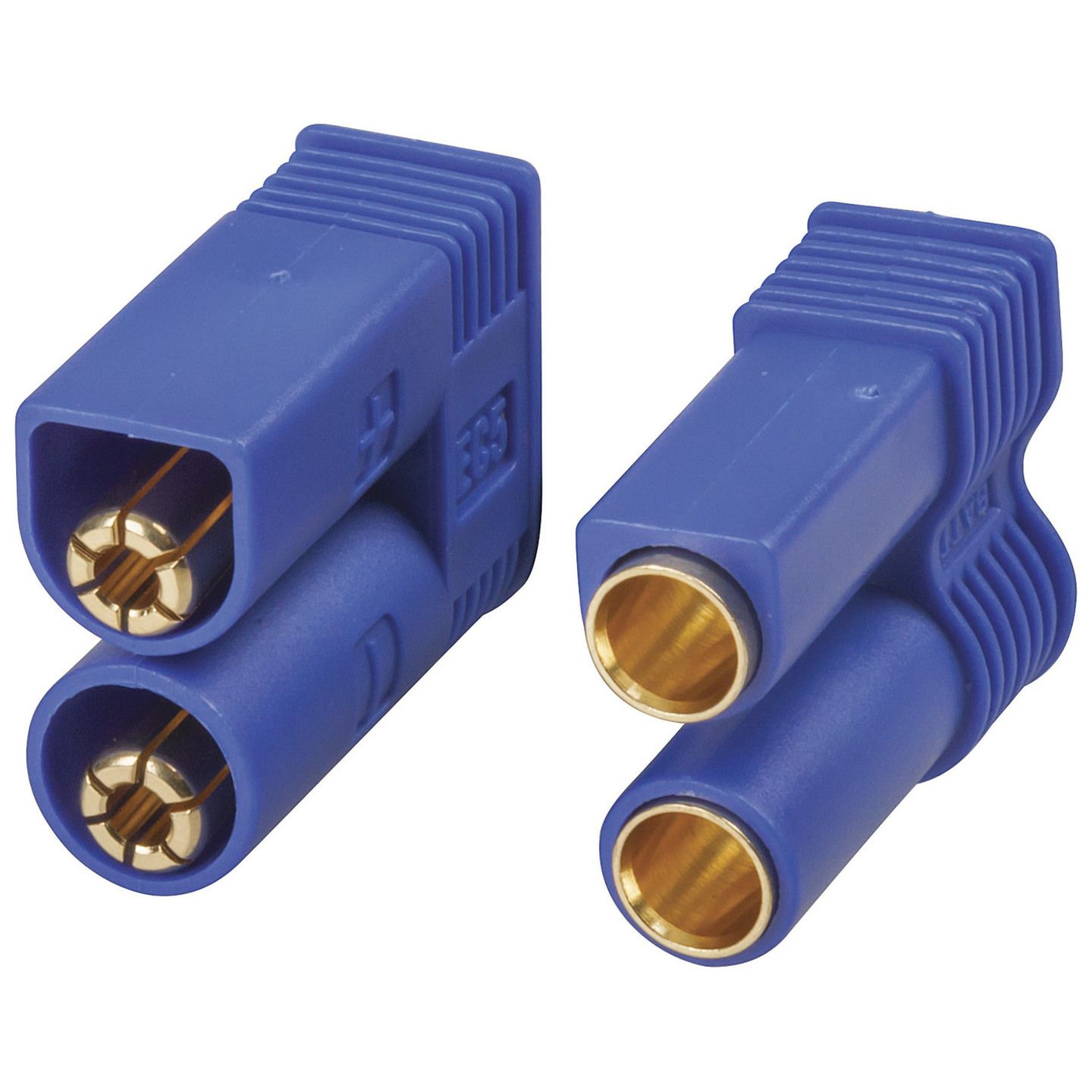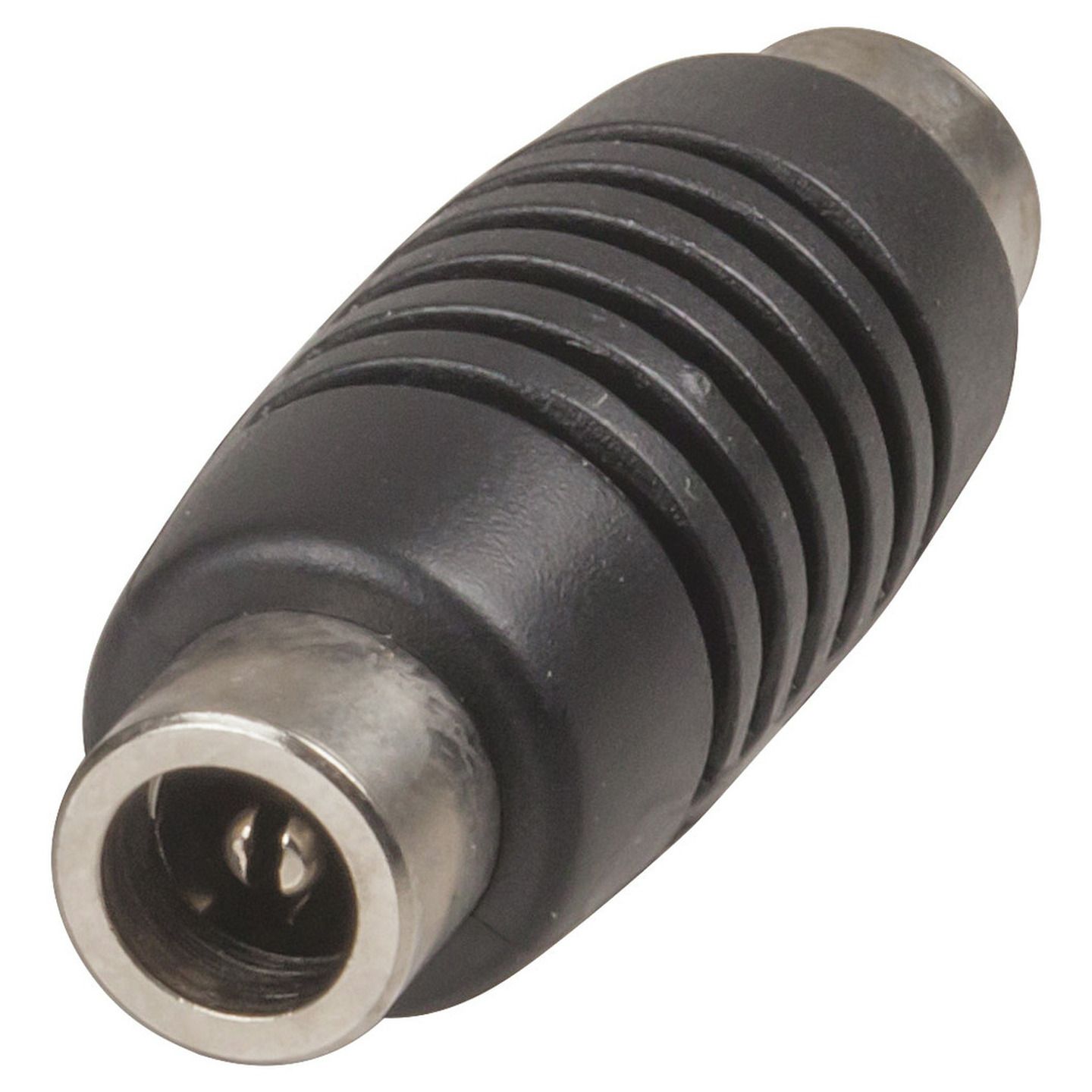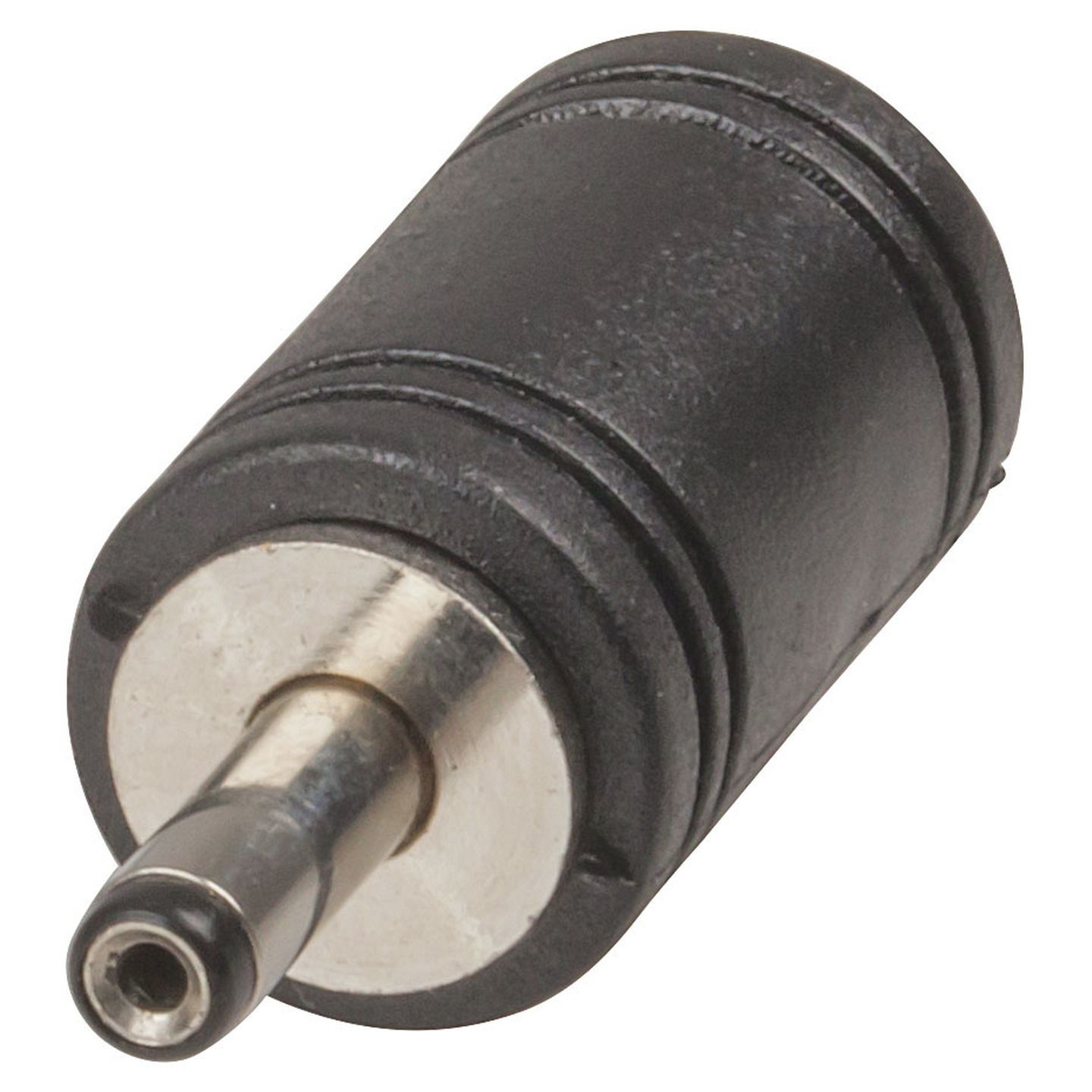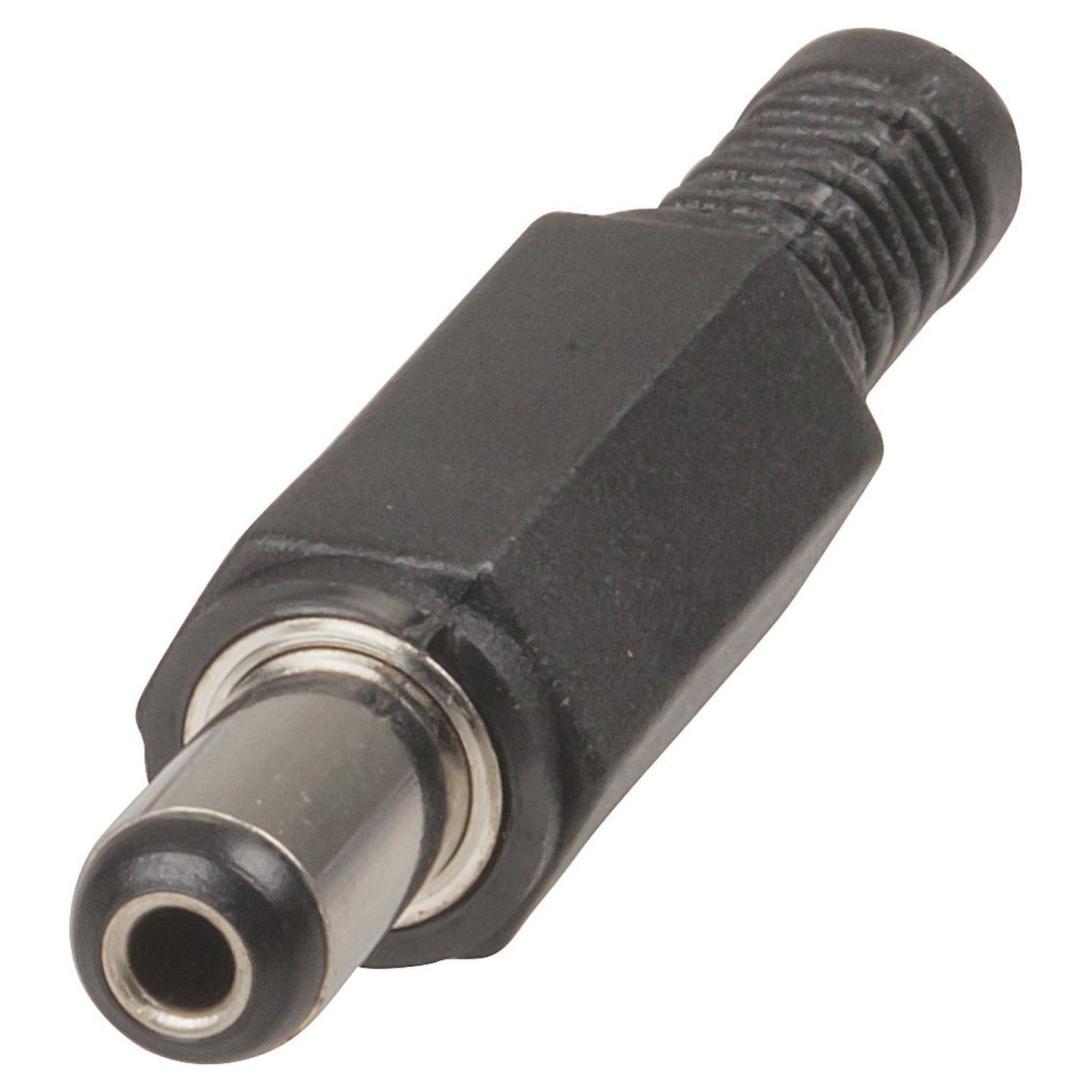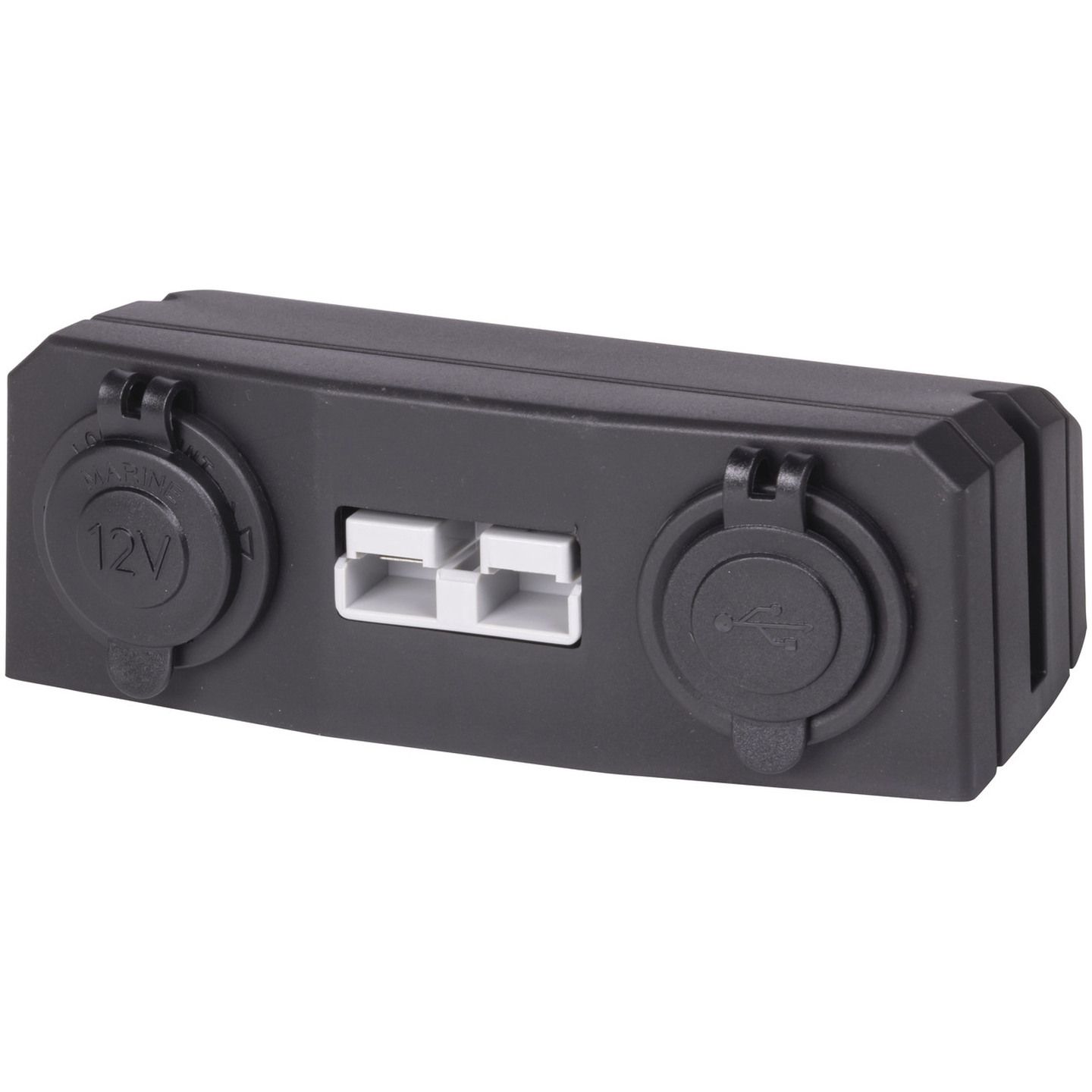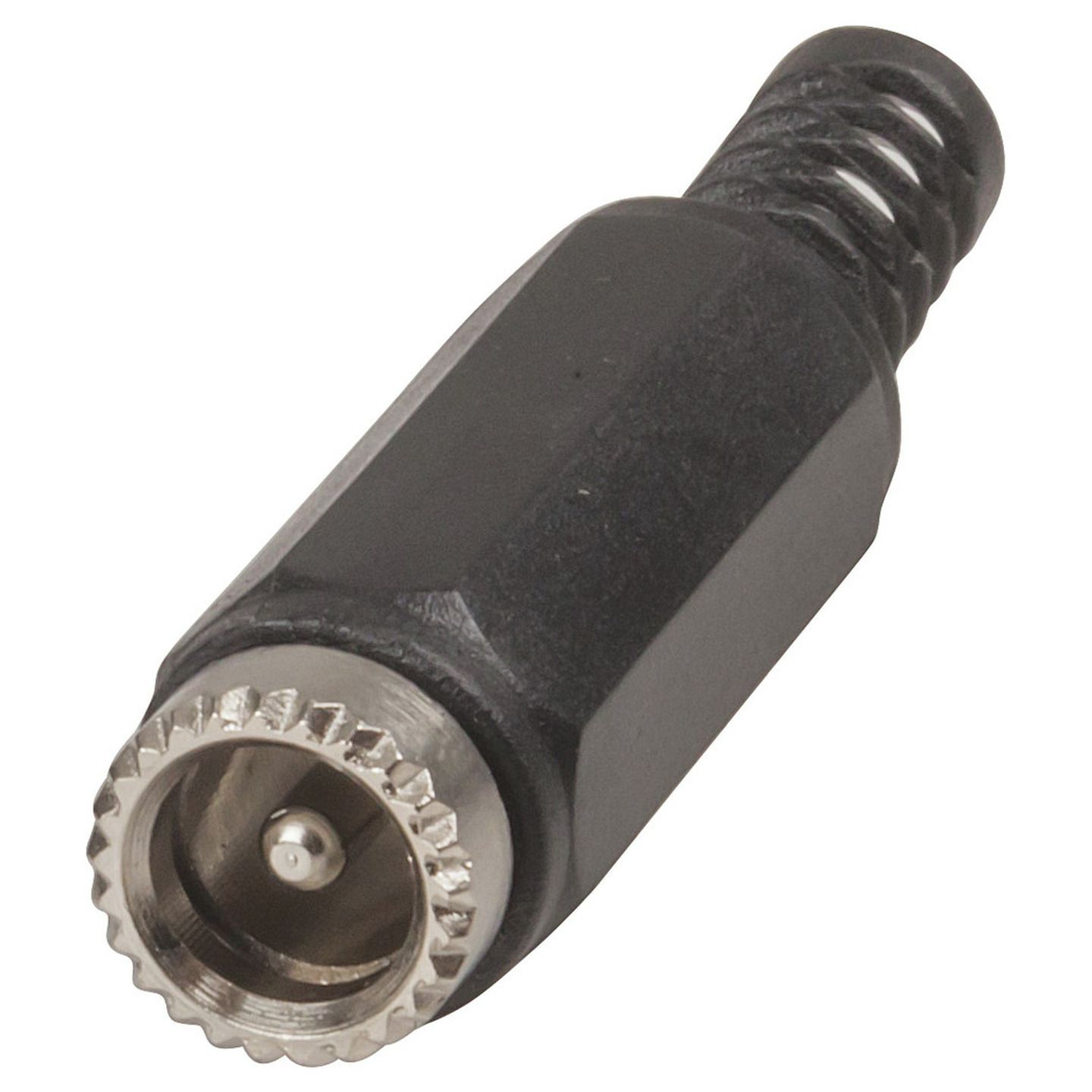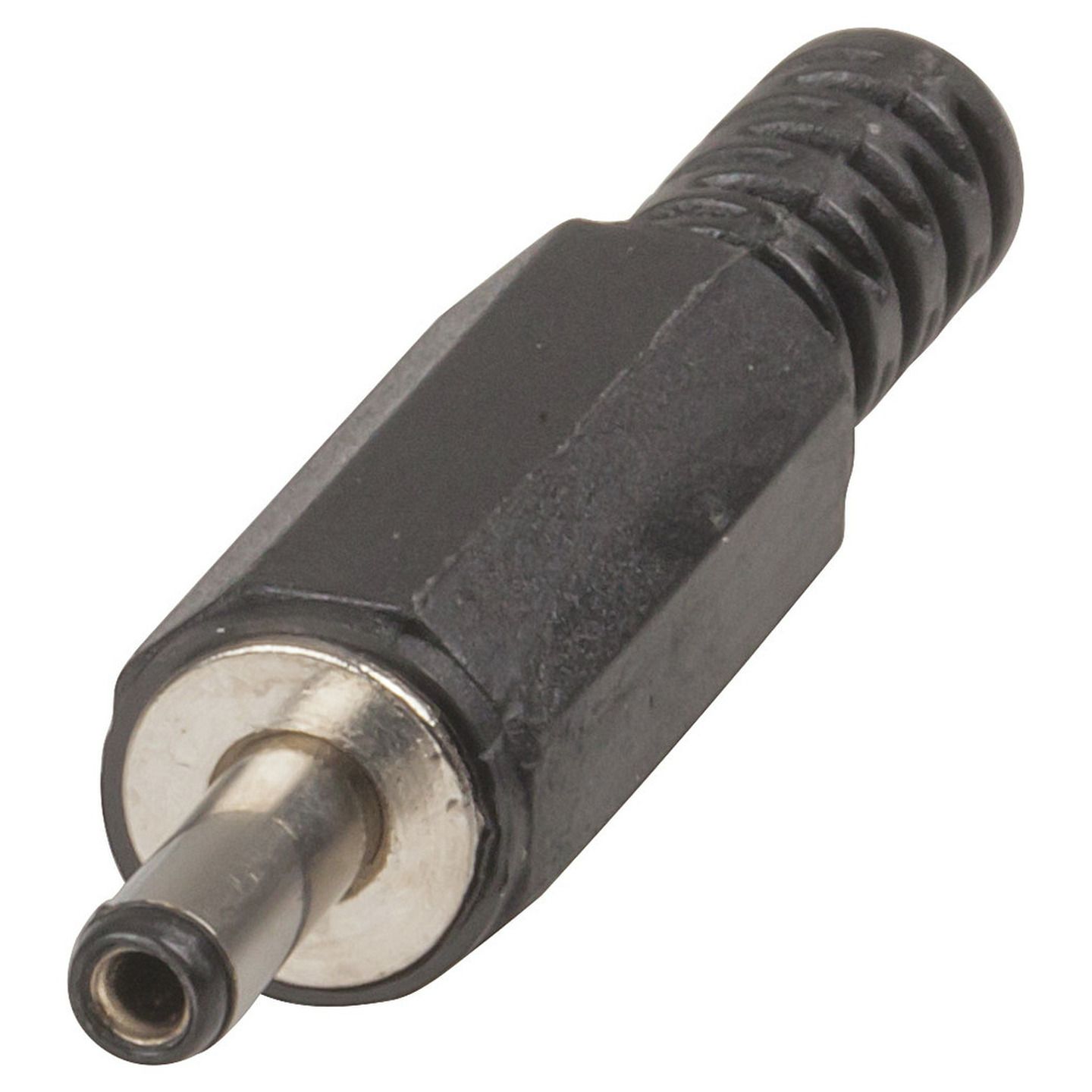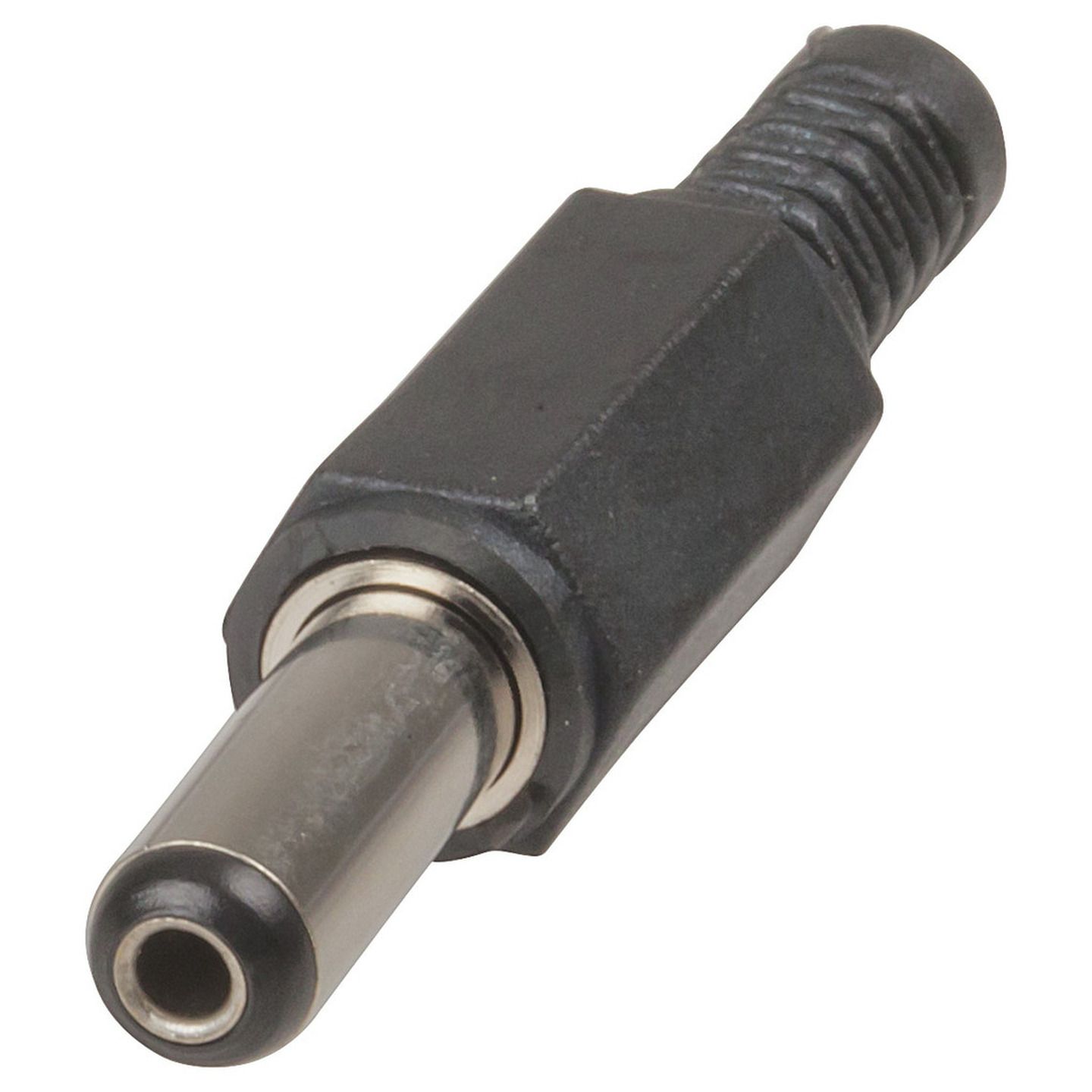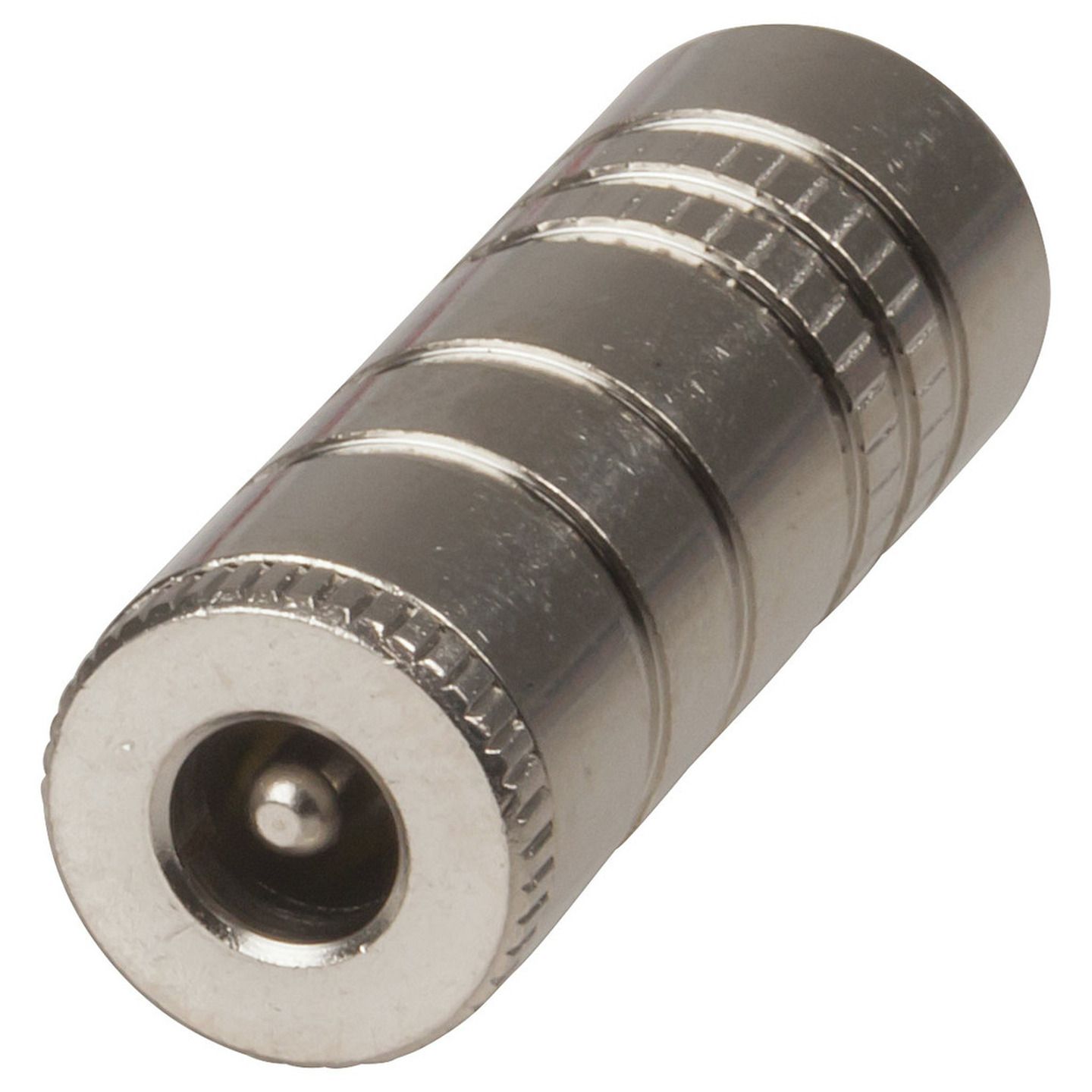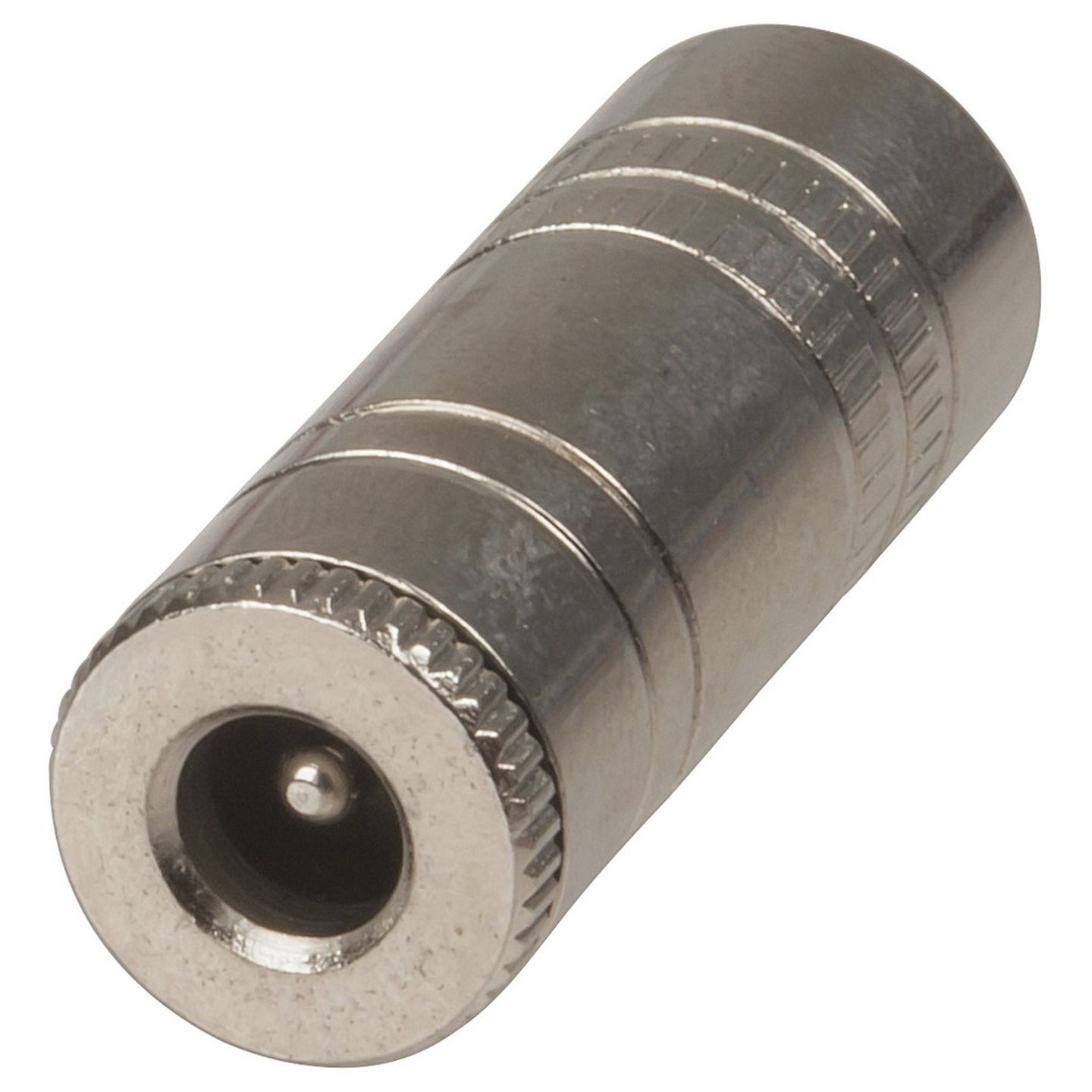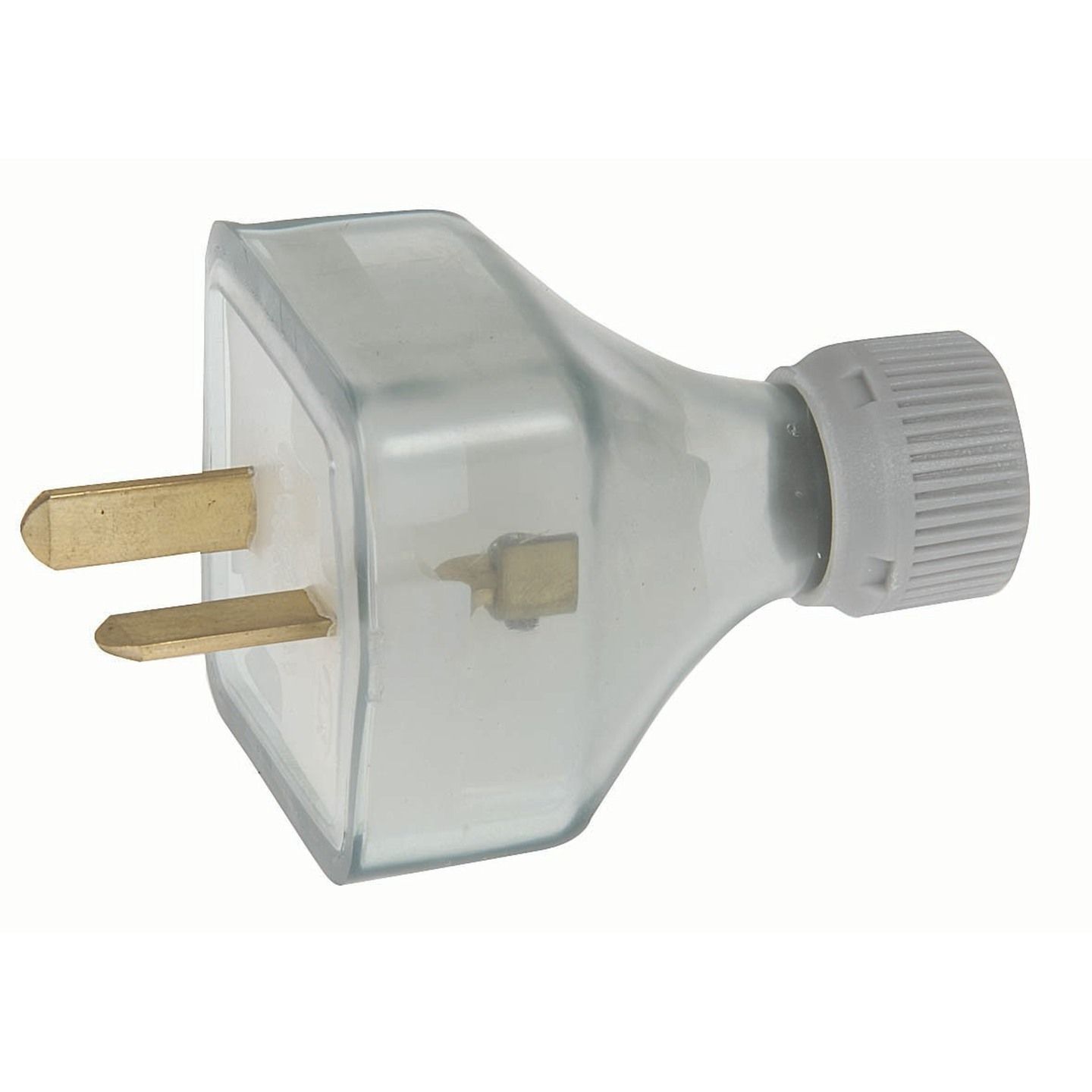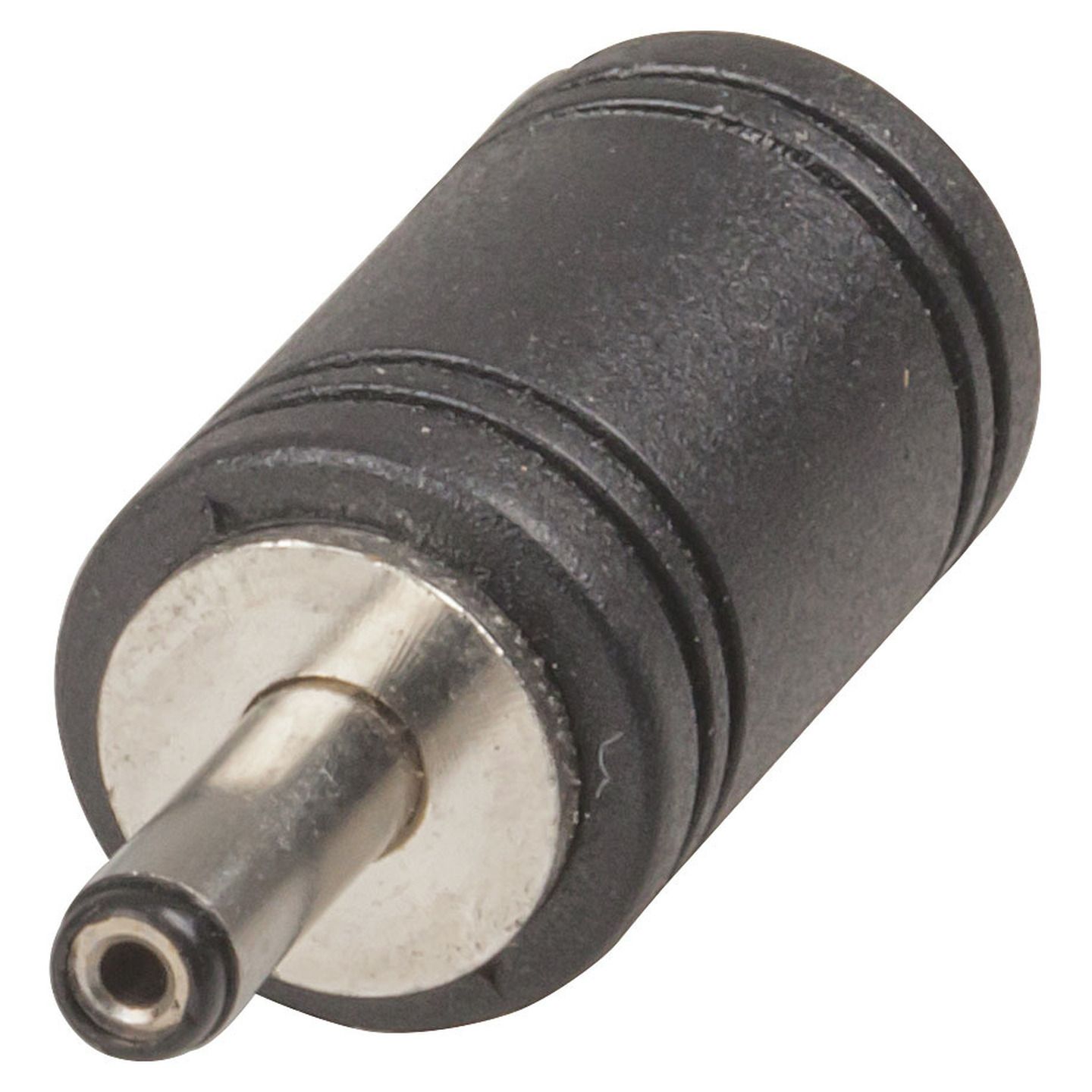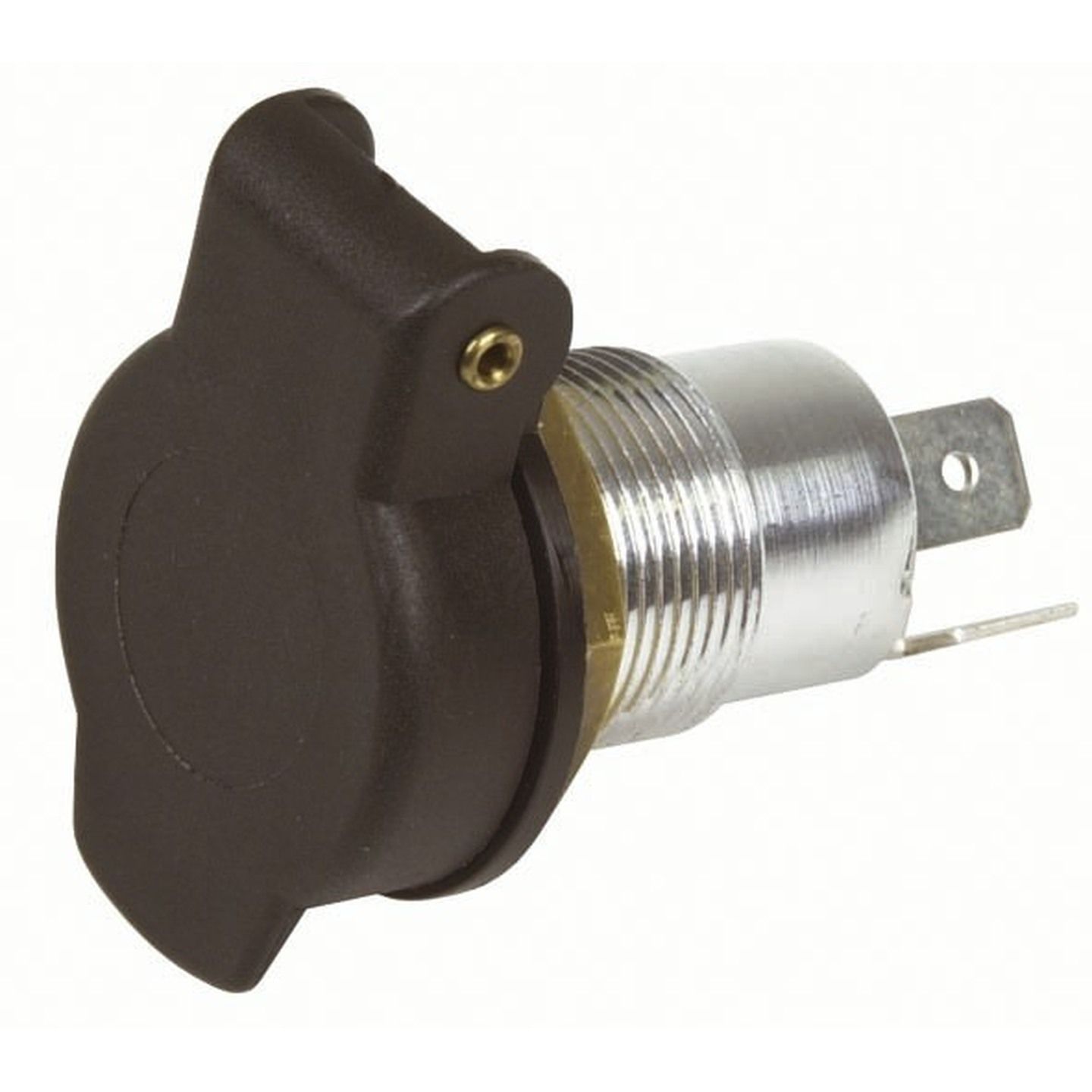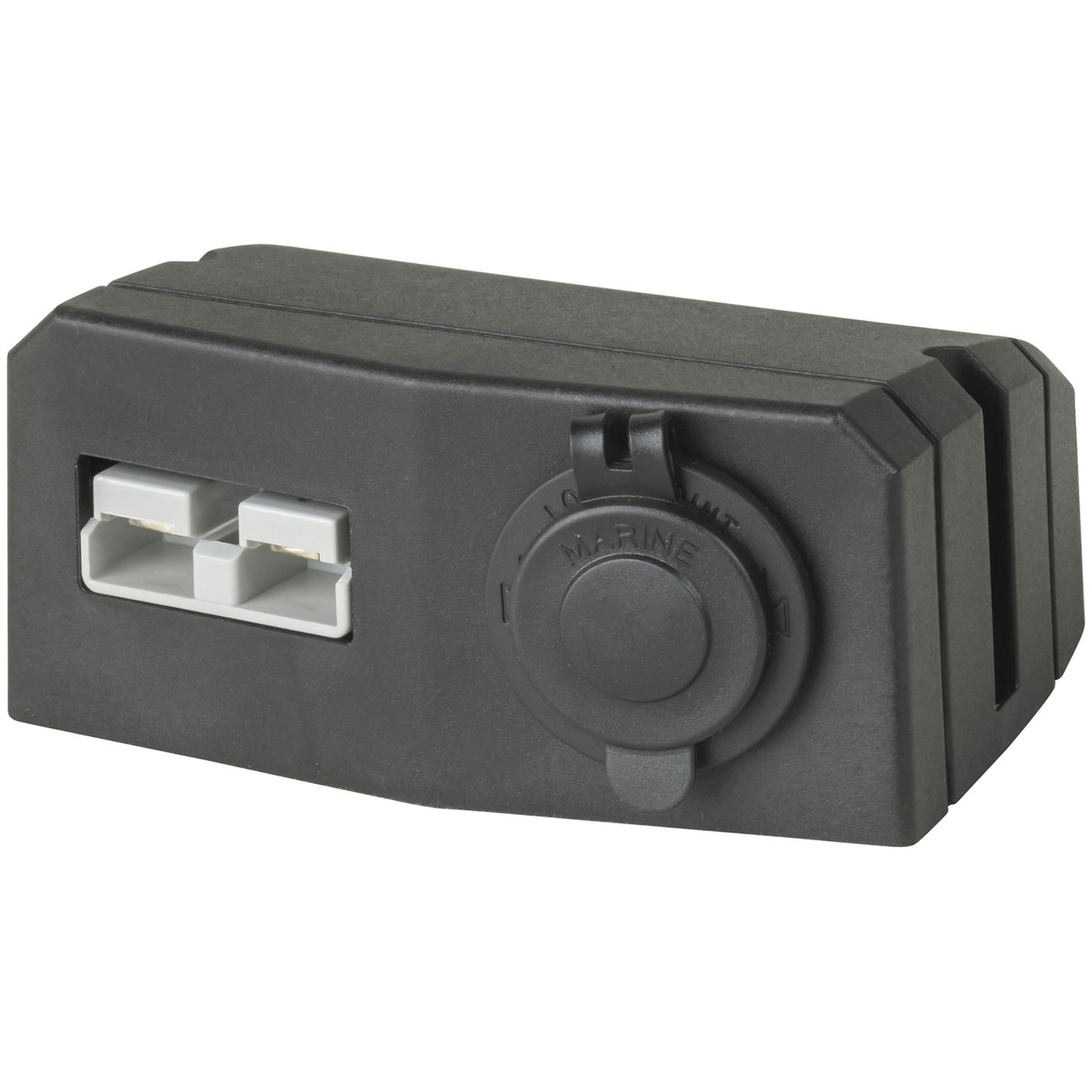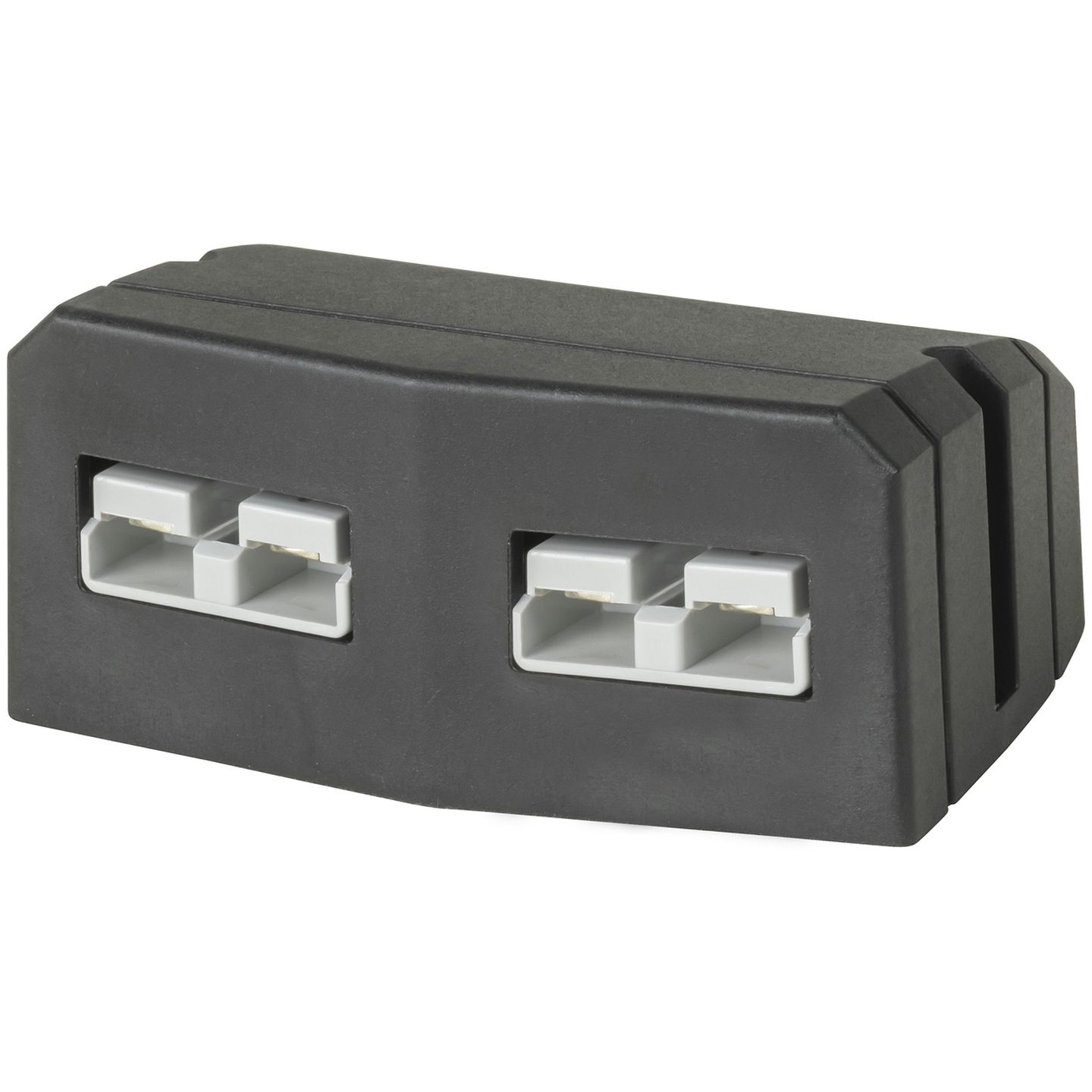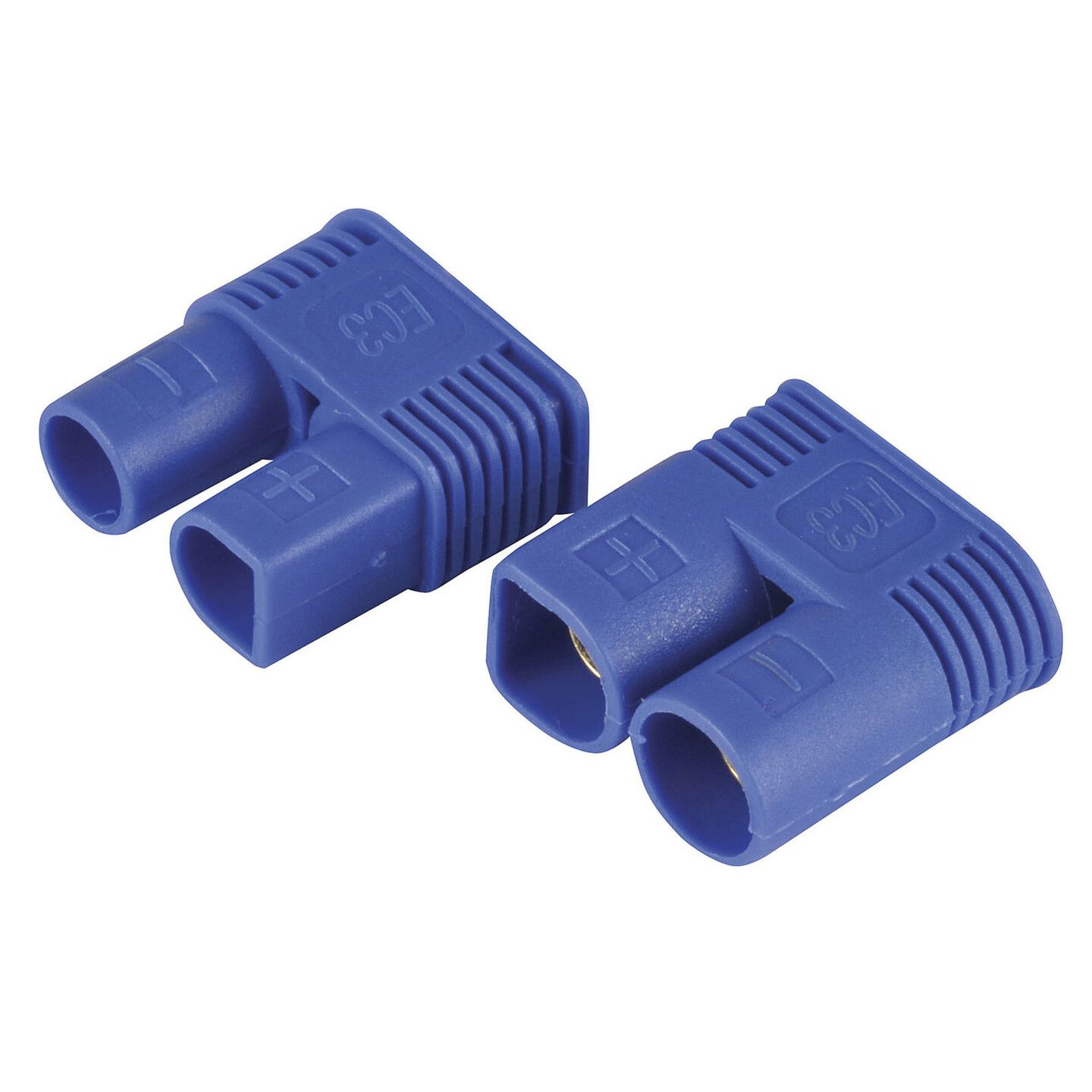DC Power
Featured Products
2.1mm DC Plug to 2.5mm DC Socket Power Adaptor
CAT.NO: PA3704
Available for delivery
2.5mm Bulkhead Male DC Power Connector
CAT.NO: PS0524
Available for delivery
2.1mm Right Angle DC Plug
CAT.NO: PP0514
Available for delivery
XT60 2 Way Bullet Connectors - Plug and Socket
CAT.NO: PT4458
Available for delivery
Bullet Connectors EC5 Plug and Socket
CAT.NO: PT4454
Available for delivery
2.1mm DC Socket to 2.1mm DC Socket Adaptor
CAT.NO: PA3701
Available for delivery
1.3mm DC Plug to 2.1mm DC Socket Power Adaptor
CAT.NO: PA3702
Available for delivery
2.1mm DC Power Line Connector 9.5mm Shaft
CAT.NO: PP0510
Available for delivery
POWERTECH
Surface Mount Bracket with 50A Battery Connector, Double USB-A and Cigarette Sockets
CAT.NO: PT4494
Available for delivery
2.1mm InLine Male DC Power Connector
CAT.NO: PS0526
Available for delivery
1.3mm DC Power Line Connector
CAT.NO: PP0506
Available for delivery
2.1mm DC Power Line Connector 14mm Shaft
CAT.NO: PP0509
Available for delivery
2.5MM DC METAL LINE SOCKET
CAT.NO: PS0536
Available for delivery
2.1MM DC SOCKET
CAT.NO: PS0534
Available for delivery
2 Pin 32 Volt 15 Amp Plug
CAT.NO: PP2075
Available for delivery
1.3mm DC Plug to 2.5mm DC Socket Power Adaptor
CAT.NO: PA3700
Available for delivery
Merit Panel Socket with Sprung Cover (Max 15AMP)
CAT.NO: PS2092
Available for delivery
Available for delivery
Available for delivery
EC3 Bullet Connectors - Plug and Socket
CAT.NO: PT4456
Available for delivery
DC Connectors at Jaycar
From your laptop and portable speakers to LED TVs and even electric vehicles, these connectors ensure your electronics get the direct current (DC) they need. Whether you’re powering up a small gadget or setting up a more complex system, our DC power connectors at Jaycar are designed to keep your gadgets and appliances humming along nicely. And with options like click & collect and free delivery on selected orders, getting what you need has never been simpler.
What is a DC connector used for?
DC connectors supply direct current (DC) power to modern electronic devices like computers, cameras, small appliances, various DIY electronics projects and more. These connectors offer an easy setup that is a breeze to plug in (and unplug) while also ensuring a stable connection from a power source to your device for sustained, proper functioning.
What is the difference between AC and DC connectors?
Most people won’t realise until the need arises that the power available from the grid may need to be adapted to run our devices and appliances. Alternating current (AC) and DC connectors are, therefore, designed for different types of current:
- AC connectors: Used for alternating current, where the flow of electricity periodically reverses direction. They are typically found in household appliances and wider power supplies.
- DC connectors: Handles direct current with unidirectional electrical flow, common in battery-powered devices and electronics requiring consistent voltage.
Using the correct connector for each specific current type will help you avoid damaging your devices or causing any dangerous electrical hazards.
What are the most common DC connectors?
- Barrel Connectors: Also known as cylindrical connectors, barrel connectors are the most common DC power connectors. They feature an insulated cylindrical tip that fits snugly into a corresponding socket, ensuring a secure and stable connection for devices like laptops and portable electronics.
- Coaxial Power Connectors: Similar to barrel connectors but specifically designed to handle higher power levels. They’re often used in applications with a more robust connection, such as in larger electronics and some industrial equipment.
- Audio Connectors: While primarily used for transmitting audio signals, some audio connectors can also handle DC power. They’re often used in devices where space is at a premium, and multifunctional connectors are a plus.
- Power Jacks: These connectors are typically found in laptops and other portable devices. They allow the device to connect easily to an external power source, providing the necessary DC power to keep your gadgets running.
- USB Connectors: The versatile workhorse of modern electronics, USB connectors can handle both data transfer and DC power. USB Type-C, in particular, has become a favourite due to its ability to deliver high power and high-speed data transfer, making it ideal for smartphones, laptops, and more.
Can AC connectors be used for DC connectors?
Generally, AC connectors should not be used for DC applications. AC and DC connectors hold designs that safely handle their respective current types. Using an AC connector for a DC application can result in poor performance, potential damage to the device, and electrical disasters. Always use connectors as intended by their design to ensure safe and efficient operation.
For more information and to explore our selection, check out our cables & connectors, DC-AC inverters, and DC-DC converters.



